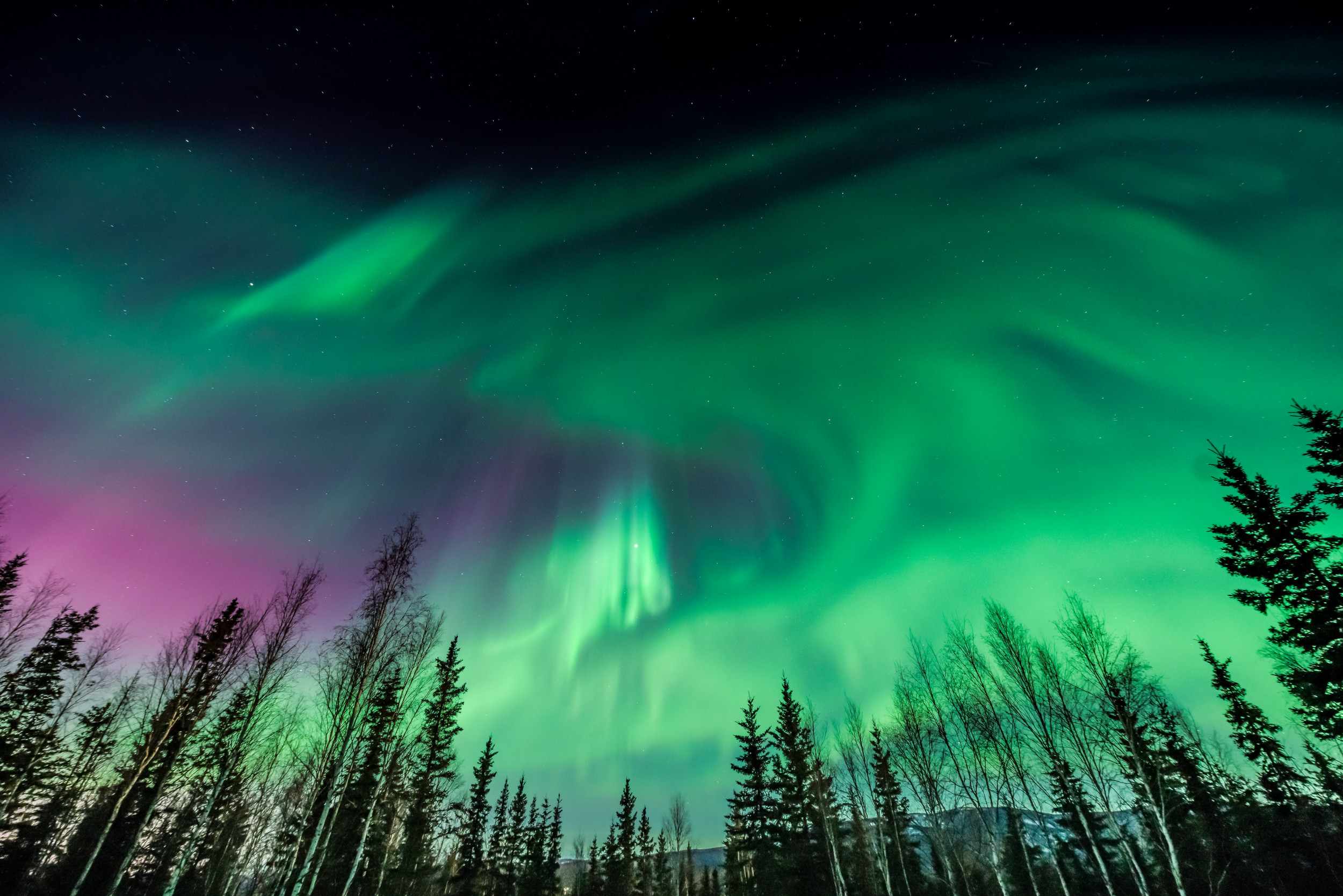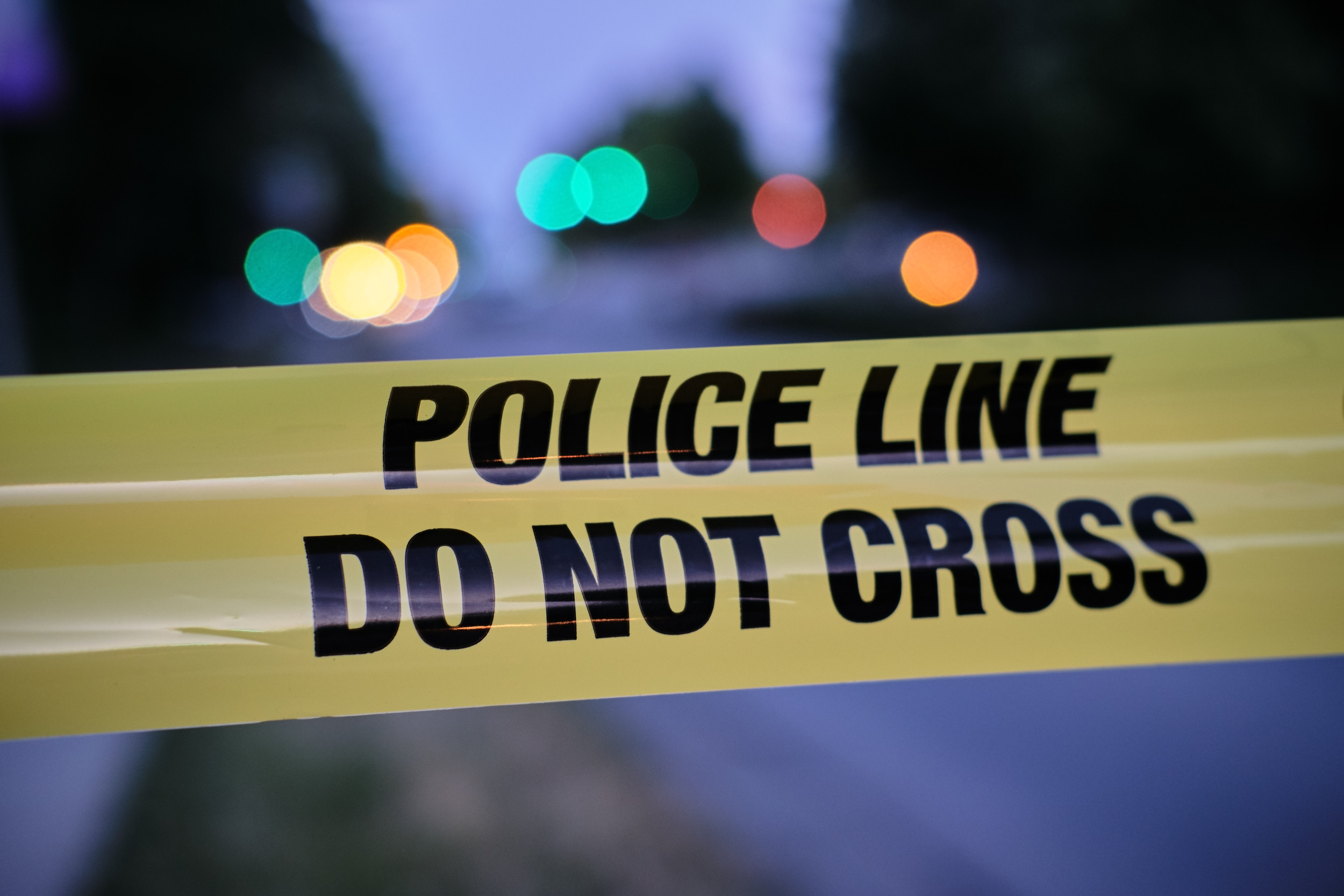In the spring of 2020, I tested positive for COVID-19. I was sick, but the real fallout for me was the loss of my smell and taste. I spent the first few months devastated by the idea that I could no longer smell Christmas trees, suntan lotion, perfume or even my husband and child.
I was determined to adapt, but nothing could have prepared me for the next phase of my journey—a complete aversion to many normal scents and smells. Fragrances I once welcomed like fresh coffee, my husband's infamous spaghetti and freshly cut cucumbers, now sent me running outside or into our bedroom for the relief of a large air purifier.
This phenomenon lasted several months and slowly dissipated, but occasionally shows up for a few days now and then. The smells of summer, fall and holidays never returned, and this has been my new way of life for almost three years.

So how does a person that can't taste, smell, or really enjoy food in the way everyone else does, still have the urge to purge food?
I have spent twenty years of my life trying to overcome bulimia, an all-consuming and always confusing sickness. I was in therapy for most of those years and slowly. I began to get better, but not until I finally reclaimed my power.
My moment of clarity came one day after work almost 20 years ago, when I rushed home in a binge-frenzied state with a bag full of cheap burgers. At that time, nothing was more exciting to me than the moments right before my first bite. I whipped into my apartment building's parking garage and found a spot right in front of the dumpster.
But before going upstairs, a thought appeared in my head and something inside me shifted. What if I just threw it all out? Before I could give it any further consideration, I dropped the bag in the bin.
Suddenly, my shoulders felt lighter, and I felt a surge of my old positive energy that had all but disappeared. My spirit felt like it was very thirsty, and I had just given it a glass of cool water. This was my first step to change, that one empowering moment of resistance sent me into a long and gorgeous process of healing, recovering, and failing again and again.
I began to see my life in a different way and new things opened for me, I met my loving husband in 2006 and we had a child. The three of us have carved a beautiful and messy life together.
Although the eating disorder monster is still there every day, he's a bit smaller now and has a tinier voice. On a rough day, he will lie to me and whisper that if I give in, just a bit, then I will feel in control of my life. The numbness will set and this will make it all better. For me, bulimia is humiliating. But what some don't understand is when the euphoria of being in control outweighs the shame of it all, then nothing will stop you, except for you.
I could and have spent hours trying to unpack all the emotional and physical reasons that I am and always will be a bulimic, but when I got COVID-19, I really discovered my bulimia has nothing to do with food.

I don't think there was a specific moment I came to this realization, but I noticed, after contracting the virus, that the urge to fall into old patterns continues even though there was no true enjoyment of food at that point.
If I had a rough day at work or if I just don't feel comfortable in my own skin, I want to relieve that pain with food and the comfort of a full belly. The basic need to "fill up" and then release to not gain weight which is evidence of overindulging. After all this time, I still want to indulge in this destructive behavior and truthfully, I did on occasion, even after the loss of my senses.
In my experience, in the world of this manic, judgmental, obsessive, life-altering sickness, one thing became very clear: my bulimia never cared about satisfying my taste buds, feeding my hunger, or keeping me thin.
It fooled me into thinking it could ease my anxiety by making me feel in control for 20 minutes and then numbing my emotions for a few short hours. It consumed my every move for years—how could I manage to hide it from my friends? Where was the nearest Chinese buffet, so I could return home in under five minutes to purge?
It assisted me in destroying relationships, burning bridges, and ultimately replacing my existence with isolation and self-loathing. Remembering this life is hard, but acknowledging the battle and that I made it through gives me some peace.

While dealing with the aftereffects of COVID-19, and there are many more than just the loss of senses, I have days that are extremely challenging, and the struggles range from brain fog and depression to joint pain and hyperacusis, an increased sensitivity to everyday sounds.
These long-lasting symptoms takes a toll on the spirit, and it has been hard to resist the temptation of binging and indulging in numbing those sad feelings with purging. I have a child who is growing up in a world even more focused on appearance than when I was young, it is critical that I keep my focus on eating healthy and abstaining from binges, but I have to admit to myself that I am not always in control of it and it does control me once in a while.
To me, bulimia is an eating disorder about control, as I suspect any young or old, and most likely very tired person with the disorder will tell you. The pleasure of food may have been the beginning of my journey, but in the end, it was a long, horrid existence of daily denial and inevitably letting my illness win.
So, even after all these years, when I have a relapse I am gentle with myself. I remember that life is hard and while it may be cliché, I am a work in progress. I am human and I fall. But I get up and I try again. Here's to all the recovering and the struggling, may you find comfort in my story.
Chanda Drew is a Volunteer and Working Mom in Harpers Ferry, West Virginia. She is on Instagram and YouTube as @ChanCan
All views expressed in this article are the author's own.
Uncommon Knowledge
Newsweek is committed to challenging conventional wisdom and finding connections in the search for common ground.
Newsweek is committed to challenging conventional wisdom and finding connections in the search for common ground.





